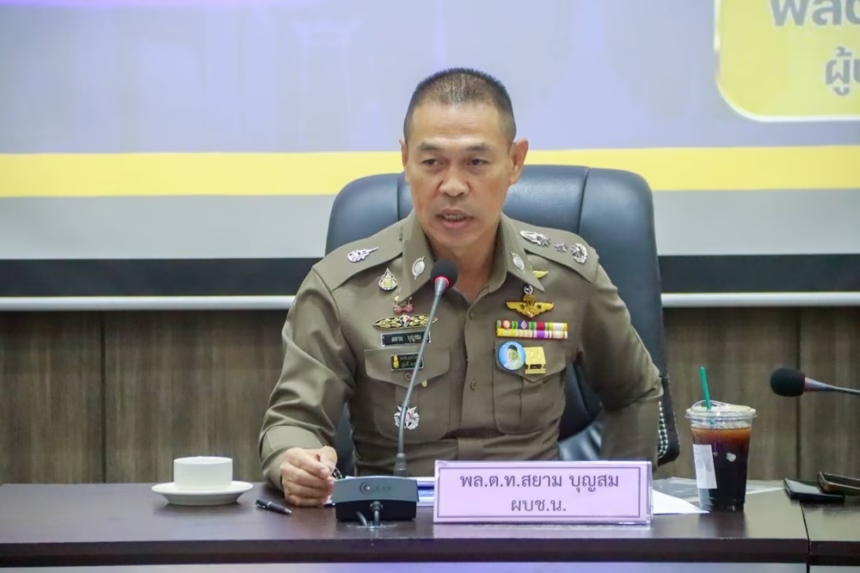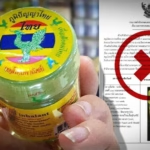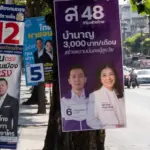BANGKOK – The Metropolitan Police Bureau Chief has dismissed a senior officer from Don Muang station after his arrest over suspected ties to a call-centre scam that lured victims into a fake online stock platform.
On Tuesday, Metropolitan Police Bureau Commissioner Pol Lt Gen Siam Boonsom and Pol Maj Gen Kiattikul Sonthinen, commander of Metropolitan Police Division 2, ordered a disciplinary panel to examine serious misconduct. They also dismissed the officer from service.
He was a police lieutenant colonel who served as deputy chief investigator at Don Muang station under Division 1.
The move followed an arrest warrant issued by the Criminal Court on 6 October at the request of investigators from the Technology Crime Suppression Division.
The warrant named Phasinkhanokpharan Watcharaphetkakkaew, who faces charges of public fraud, impersonation, computer offences using false or misleading data, conspiracy to launder money, and involvement in a criminal organization.
The case began in May after victims reported Facebook ads promoting stock investments through a platform called FINNIXMAX. At first, withdrawals worked as normal. Later, when people invested larger sums, withdrawals stopped, and victims realized they had been scammed. Reported losses topped 1.2 million baht.
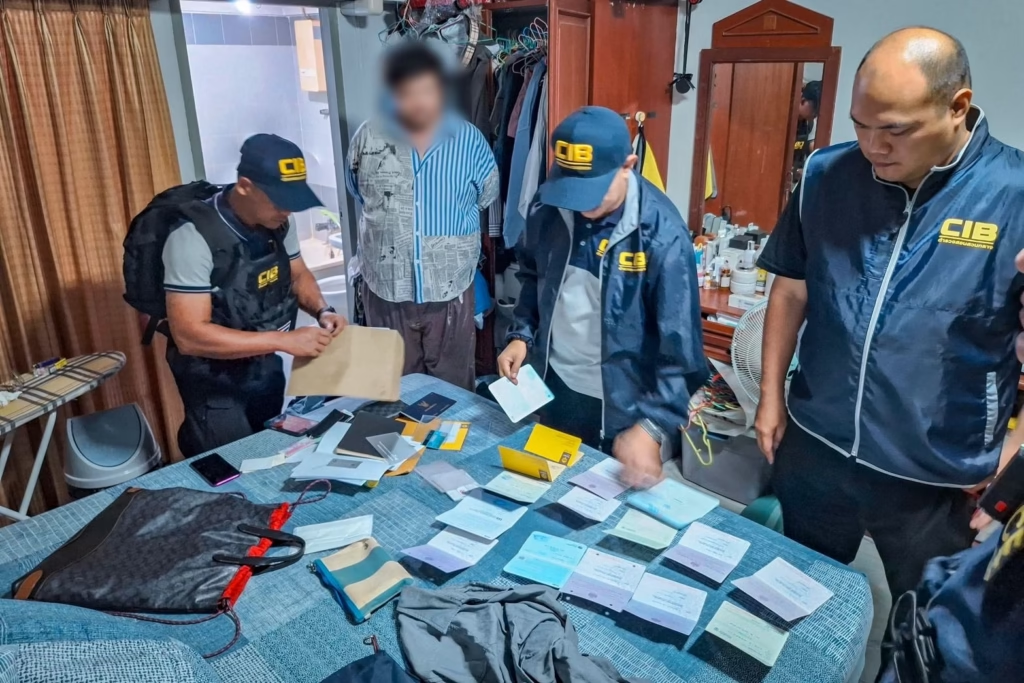
Police work led to arrest warrants for 24 suspects. Officers detained 16 people and identified one suspect already in prison.
They also seized significant assets, including nine vehicles, 48 branded bags and jewellery, cash in several currencies worth 295,920 baht, 23 mobile phones and other devices, and 92 bank books and ATM cards, with a total value of more than 21 million baht.
Investigators then sought warrants for five more suspects linked to the scheme.
On 7 Oct, TCSD officers and other units raided six sites in Bangkok and Udon Thani. The operations brought further arrests and new evidence connected to the online fraud network.
In a separate development, Prime Minister Anutin Charnvirakul signed an order creating three subcommittees to tackle cybercrime and online scams, a key part of the government’s plan to strengthen national digital security, according to a government source.
The first subcommittee, chaired by Justice Minister Pol Gen Rutthaphon Naowarat, will lead enforcement. Its brief covers suppressing cybercrime, disrupting illicit finance and money laundering, and coordinating agencies to deliver clear results.
The second subcommittee, led by Digital Economy and Society Minister Chaiyachanok Chidchob, will handle prevention. It will study cybercrime trends, craft preventive measures, and promote cooperation across public and private bodies to improve early detection and deterrence.
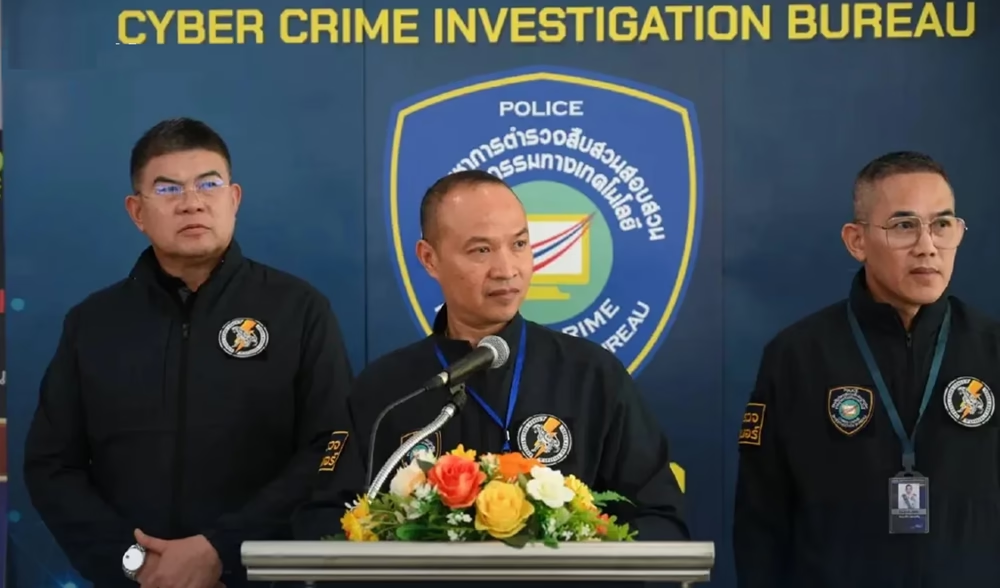
The third subcommittee, chaired by Pol Gen Trairong Phiwphan, Deputy Inspector-General of the Royal Thai Police, will manage public communications.
It will run awareness campaigns, create educational materials, and build community networks to strengthen public resistance to online fraud. This panel will also receive complaints from victims and coordinate remedies.
The source added that a fourth subcommittee is expected soon, chaired by Deputy Prime Minister and Finance Minister Ekniti Nitithanprapas, to track financial flows and investigate money laundering tied to cybercrime.
Meanwhile, Deputy Prime Minister and Agriculture Minister Capt Thamanat Prompow responded to comments by Uthai Thani MP Chada Thaiset, who said the government was “using thieves to catch thieves.” Capt Thamanat said on Tuesday that he chairs the Committee on the Prevention and Suppression of Human Trafficking, not the cybercrime panel, and that his work sets policy across four ministries.
He rejected claims that the appointment was political. Addressing claims of links to grey businesses, he said he welcomed scrutiny and had nothing to hide, stressing his commitment to transparency and public service.
People’s Party MP Parit Wacharasindhu called for a tougher crackdown on online scams, citing public safety gains from disrupting cross-border networks. He warned against using a House dissolution as a political escape and backed a 31 January dissolution aligned with the constitutional referendum timeline.




